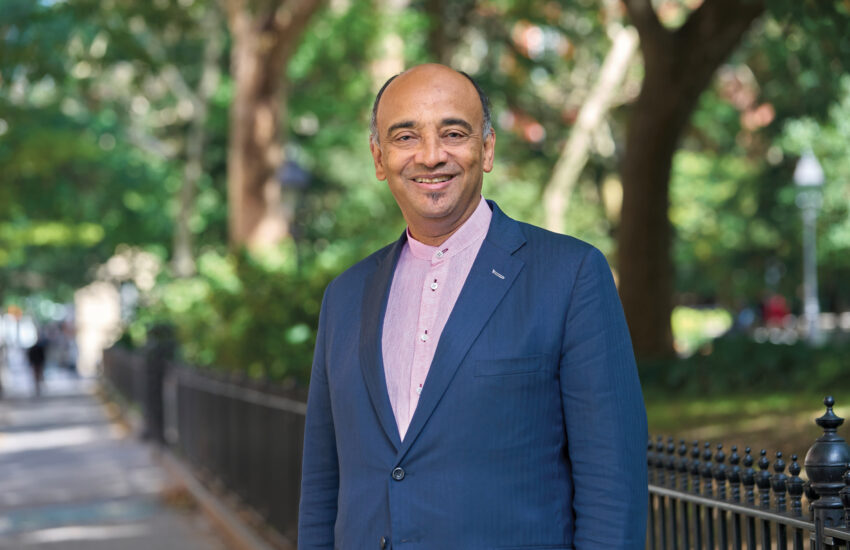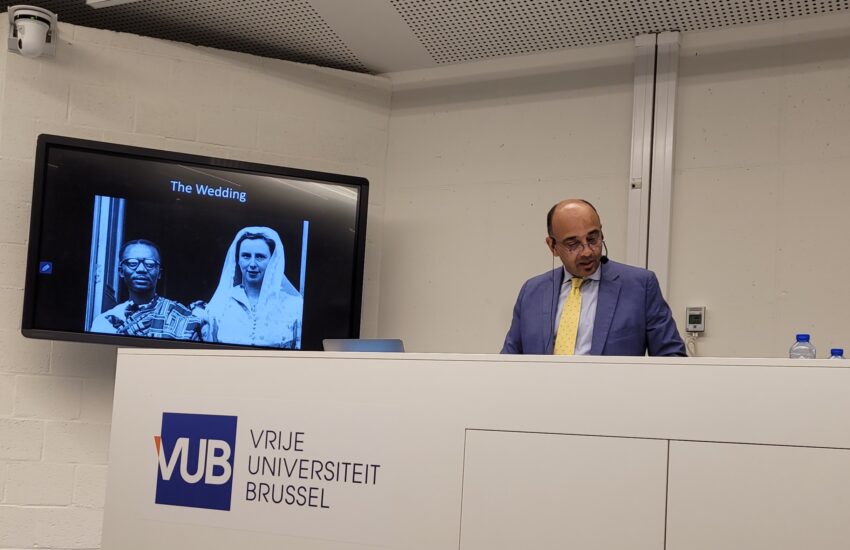Secession-Related Agitations: Is It High Time Crisis-Torn African Countries Renegotiated Their Nationhood?
Written by Olusegun Akinfenwa
Secession-related armed conflicts are fast becoming omnipresent in Africa and have caused the fragmentation and division of many nations. The unrest usually comes with highly devastating impacts that are largely responsible for the continent’s economic and social retardation. From Nigeria’s Biafra to Ethiopia’s Tigray and Cameroon’s Ambazonia, the daily heightened tensions show that many African nations are in an unholy union of strange bedfellows due to the forceful merging of regions with contrasting religious and political ideologies during the colonial era. Out of 54 countries in the continent at least 25 have experienced active separatist-related crises.
Many political observers have attempted to substantiate the underlying factors behind these recurring conflicts. Significant causes identified include the forceful amalgamations across the continent, poor political structures, widespread socioeconomic inequalities, and greed by many African leaders. These amalgamations didn’t occur to serve the interest of the indigenous people, who clearly had no say in the merger. They can be said to be a mere act of economic gain and colonial convenience for western powers.
This forceful imposition denied the indigenous tribes the chance to decide if they were ready to co-exist. Years after becoming independent, some of these countries have divided – in most cases – amidst distrust and bloodshed. Examples are Sudan and Ethiopia, from which South Sudan and Eritrea emerged after a series of wars with damning human costs.
At the same time, there are some countries that are undivided yet highly polarized along religious and ethnic lines. Nigeria, for instance, has grappled with this since its amalgamation in the early 1910s. The amalgamation was said to have occurred because the British colonizers wanted a contiguous colonial territory that extends from the arid Sahel to the Atlantic Coast. To achieve this, the revenue-sufficient south was merged with the revenue-challenged north just so the former could subsidize the latter.
The amalgamation marked the start of distrust between the two regions with distinct ideological differences. The north is a Muslim-dominated area and the main centre of the Islamic empire, the Sokoto Caliphate. Their socio-political solidarity and leanings were toward the Middle East and the wider Islamic world. The south, on the other hand, is more diverse, and its major socio-political influences are inherent in traditional African and western values.
So, looking at these two jurisdictions’ contrasting backgrounds, joining them together in the first place was not in the interest of the indigenous peoples involved. It could therefore be a mirage expecting them to truly unite. This is because neither of the two regions has ever genuinely shown the willingness to relinquish its long-held ideologies and beliefs. For instance, despite Nigeria being a secular nation, many northern states still practice sharia as the main body of criminal and civil law.
In Cameroon, the English-speaking and the French-speaking regions have been at loggerheads since the 1961 amalgamation, and long-term distrust has prompted the call for an independent nation by the Anglophone region, also known as Ambazonia. In what emerged as a low-scale insurgency, the war has since spread into most parts of the southern regions, resulting in thousands of deaths.
Also, the year-long power tussle between the central government and the Tigray region has claimed about 10,000 lives in Ethiopia and over 230 massacres. Reports show it has also led to the country’s worst famine in decades. While the cause reeks more of a supremacy fight between the regional authority and central government, the crisis is now tilting towards another separatist agitation as more Tigrayans now clamour for an independent state of their own.
The long-existing lopsidedness in the political structure in most African countries makes some regions lord over the others. Since the unification of the French Cameroun and British Southern Cameroon, only the Francophone-speaking leaders have ruled the country. The incumbent, Paul Biya, has been ruling for the past 38 years. The English-speaking regions are therefore less represented, and most of the central government’s policies are reportedly unfavourable to them.
Despite the obvious disunity, successive African governments, both democratic and military, have insisted on the non-negotiability of these countries, and every dissenting voice has been crushed with wanton brutality.
These persisting sheer inequalities are largely responsible for the recurring agitations for self-determination. Given the human and economic losses resulting from these conflicts, peaceful resolutions, such as restructuring and referendum, should perhaps be explored. But some African countries have no provisions for such in their constitution. For example, the Nigerian 1999 constitution has recently undergone a series of amendments, but there has always been a “dubious omission” of a referendum in each of those amendments.
The volatile situation has plunged the continent into a devastating refugee crisis, with many displaced persons seeking refuge outside the continent. Europe is one of the continents that has recently witnessed a surge in asylum-seeking Africans. Some of these migrants access Europe via dangerous and unconventional routes, including boat rides through the Mediterranean Sea. They endanger their lives and risk it all with the hope of someday obtaining permanent residence in those countries, via mechanisms such as the green card in the United States and settlement status in the United Kingdom. In the past seven years, more than 20,000 migrant deaths have occurred at sea. Despite that, more Africans are still willing to explore the route just to flee the hardship at home.
It now appears that many African countries are sitting on the keg of gun powder, as no nation can progress with such a high level of recurring conflicts. The underlying causes must be addressed. The continued discountenance of the masses’ perception regarding their nationhood could mean shifting the doomsday. Without regard for equity and human rights, no amount of peace talks will achieve desirable results for all parties involved. It is high time African leaders reviewed their approach to governance and amended the constitutions to truly reflect equity in the areas of political representation and resource control and rights to self-determination. This will allow indigenous people to renegotiate their nationhood and employ peaceful dissolution when and if the need for such arises.
Olusegun Akinfenwa is a correspondent for London Immigration Lawyer, a law firm that offers British Citizenship and Immigration Services to South Africans and other nationals globally.


